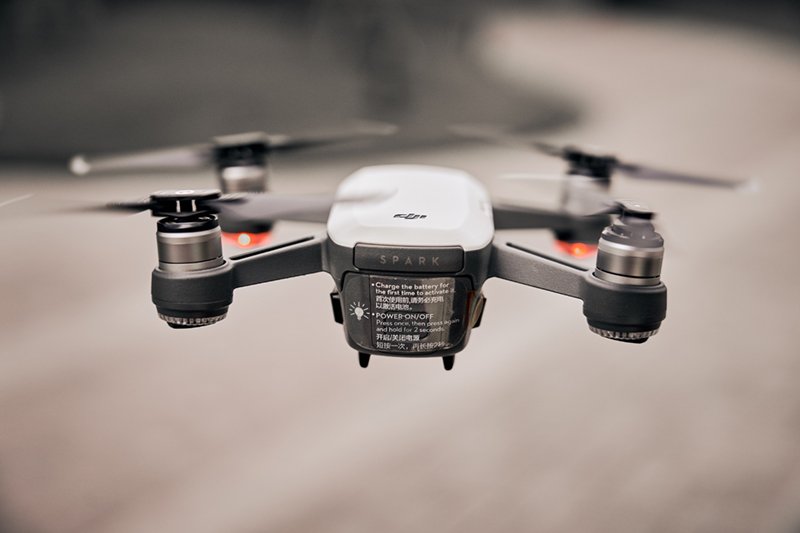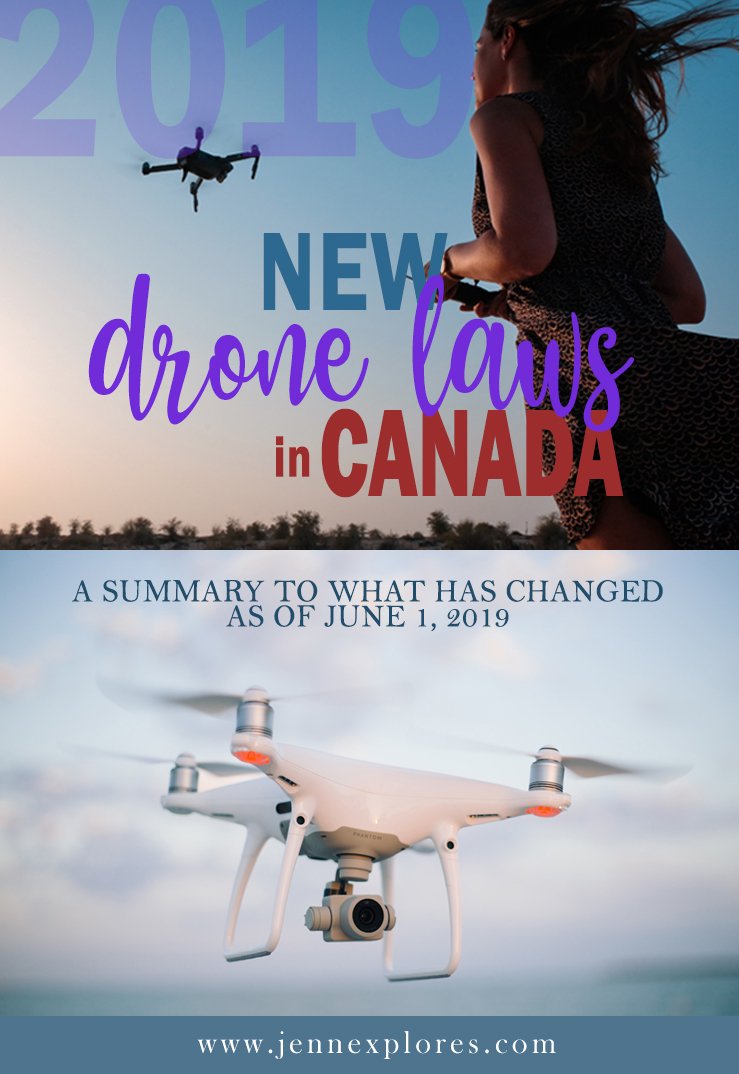 Yesterday, January 9 2019, Transport Canada announced Canada’s new drone rules and regulations, which will go into effect on June 1, 2019.
Yesterday, January 9 2019, Transport Canada announced Canada’s new drone rules and regulations, which will go into effect on June 1, 2019.
Continue reading for everything you need to know about Canada’s new drone laws.
![]()
Why are there new drone regulations in Canada?
Quoted from https://www.canada.ca:
“We’ve listened closely to feedback from Canadians and have updated our regulations to balance practicality and the safe use of drones. Drones are part of an important economic sector with significant potential to improve lives and connect communities across the country. Our new regulations will create new opportunities for Canadians by establishing a safe and predictable regulatory environment where the industry can innovate and where recreational and non-recreational drone pilots can safely access Canadian airspace.”
The Honourable Marc Garneau, Minister of Transport
![]()
What are the new rules for flying a drone in Canada, and how do they affect you?
The new rules apply to all drone pilots flying drones between 250 grams and 25 kilograms that are operated within the drone pilot’s visual-line-of-sight, regardless of whether the drone is flown for work, for fun, or for research.
Micro drones weighing under 250 grams won’t fall under the regulations (read more about micro drones here), and drones weighing over 25 kilograms or those who wish to fly outside of the rules will require special permission from Transport Canada.
Essentially, all drone pilots flying drones between 250 grams and 25 kilograms must obtain a drone pilot certification and all drones must be registered.
Also, drone operation is categorized into two types of operation: Basic and Advanced.
![]()
What are basic operations?
- You fly the drone in uncontrolled airspace
- You fly the drone more than 100 feet horizontally from bystanders
- You never fly the drone over bystanders
If you do not meet any 1 of these conditions, you are conducting advanced operations.
What are advanced operations?
If you meet any 1 of these 3 conditions, you are conducting advanced operations:
- You want to fly the drone in controlled airspace
- You want to fly the drone over bystanders
- You want to fly the drone within 100 feet of bystanders (measured horizontally)
For advanced operations, here are some of the rules you must follow.
Click here for a list of all of Canada’s new drone rules.
![]()
What happens if I don’t follow the rules?
There are serious penalties in place for those who choose not to follow the new drone regulations in Canada, including jail time for putting aircraft and humans at risk, flying without a drone pilot certification, and flying drones that are unmarked or unregistered.
![]()
Drone Pilot Certification:
Drone Pilot Certification Exams are now open! Transport Canada recommends that you attend a drone flight school before attempting the exam. Though not required, the exam covers a lot of new rules you may not yet know.
To fly your drone after June 1, 2019 it is mandatory that you pass this exam.
To take the drone pilot certificate exam, you must be 14 years of age or older to take the Basic Exam, and 16 years of age or older to take the Advanced Exam.
![]()
Penalties / Fines:
Fines vary between $1000 to $15,000, depending upon the rule that you break.
If you break more than one rule, you could receive multiple fines.
A breakdown of fines as per Transport Canada:
Fines for individuals:
up to $1,000 for flying without a drone pilot certificate
up to $1,000 for flying unregistered or unmarked drones
up to $1,000 for flying where you are not allowed
up to $3,000 for putting aircraft and people at risk
Fines for corporations:
up to $5,000 for flying without a drone pilot certificate
up to $5,000 for flying unregistered or unmarked drones
up to $5,000 for flying where you are not allowed
up to $15,000 for putting aircraft and people at risk
If you break more than one rule, you could receive multiple penalties.
![]()
 Flying Drones in Canada’s Parks:
Flying Drones in Canada’s Parks:
All Parks Canada places are “no drone zones” for recreational use.
Parks Canada strictly limits the use of drones due to the potential risks and the fact that they can disturb wildlife and visitors.
Flying a drone without approval may result in a fine of up to $25,000.
Click here for more information about flying a drone in a Canada Park.
![]()
Until June 1, 2019:
Until these new drone rules come into effect on June 1, 2019, recreational drone pilots must continue to follow the rules of the: Interim Order Respecting the Use of Model Aircraft
 Helpful Links:
Helpful Links:
Find Your Drone Category – infographic
How to Mark Your Drone – infographic
Where to Fly Your Drone – interactive map
Getting a Drone Pilot Certificate
Drone Pilot Online Exam – $10.00
Current Rules (until June 1, 2019)
Transport Canada has created a user-friendly website with info regarding the new drone regulations and helpful tools for drone pilots available at: www.canada.ca/drone-safety
PIN FOR LATER

![]()
Have feedback on this blog post? Please feel free to shoot me a comment below; I would love to hear from you!






















5 thoughts on “New Drone Laws in Canada: everything you need to know”
As stated above “Drone Pilot Online Exam – $5.00” — This is incorrect. The cost of the test is $10 but the cost to REGISTER is $5. Thanks.
Thank you! I’ll make the edit 🙂
Still no easy way for visitors to use our drones after June on their website
I am really interested in this field but I don’t know how to improve my skills
is there someone who can help me
Thanks
Thanks I am a mother and very busy! This helped me alot!